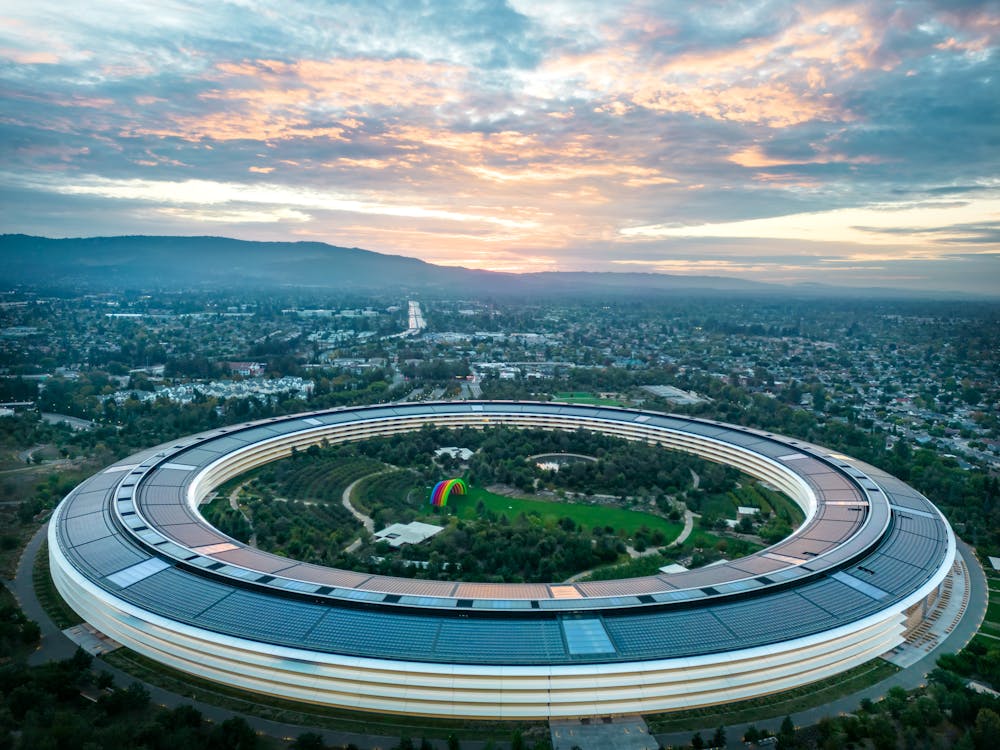In this blog, we’ll delve into the investment journey, philosophy, and the remarkable path Niraj Saran took from the bustling streets of Mumbai to the heart of America’s thriving business epicenter—the San Francisco Bay Area.
Our engaging discussion features insights from our esteemed mentor, Anshuman Sinha, who is the co-founder and CEO of Startup Talent and the Co-founder of Startup Steroid.
During this conversation for Startup Pulse Podcast, Niraj Saran, an Investor & Board Member at Maya Valley Ventures, LLC, responds to our questions with openness and knowledge. He touches upon various aspects related to startups, business, and entrepreneurship, offering valuable insights and detailed analysis of the United States’ dynamic startup ecosystem. This dialogue promises to equip investors and startup founders with a profound understanding and practical advice for navigating and succeeding within this vibrant landscape.
This week’s podcast explores Niraj Saran’s journey from Mumbai to Silicon Valley.
During the episode, Niraj highlights his humble beginnings and where he is today. He also sheds light on the future of investment he is considering.
Niraj Saran came to America in 1990 as a software developer. He wrote code on Windows and C++. Over time, Niraj moved to engineering management and was eventually the VP of engineering at a startup that Amazon later acquired. He has also held positions such as CTO at several smaller companies. However, his ambitions eventually led him to startups in virtual reality. He has not only been investing in early-stage startups but has also evolved his investments to create a diversified portfolio.
Starting his career at Tata Consultancy Services in Bombay, a Sunday newspaper advertisement determined his journey across the Atlantic.
Niraj and his two other friends sat for an interview with someone in San Ramon, CA, which eventually determined his travel plans to the US.
Niraj accredits his investor journey to an Indian legal company where he was the CTO. He states that he began his startup journey by sitting in at Angel group meetings where he would ask questions to founders and learn on the go. Due to these in-person meetings held every Saturday, he witnessed five or six startup pitches per meeting, introducing him to this world of investment.
Here’s the Full Link to this Podcast Episode
The First Successful Investment: A Food Venture in Kolkata
He sheds light upon his very first investment, which was in a non-tech consumer company. He reflects that he had invested in a food company run by two young kids from Calcutta making momos. They had a little kiosk in a bigger department store in Calcutta and were mainly making fresh momos for customers. Based on their growth then, it took Niraj and his colleagues over a year to convince them and make the arrangement possible. After investing $1,000,000, the valuation was around $10 million. The valuation has since increased to around $300 million.
This success is a testament to Niraj’s credibility and distinguished ability to be a spotter. His years of experience and knowledge about the market have helped him spot opportunities that have the potential to turn into lucrative businesses for the future world. His first investment is now a leading company in the food market as it competes with KFC and Burger King.
Based on Niraj Saran’s experience, he also highlights what he looks for as an investor in startup founders.
Criteria for Investing: What Niraj Looks for in a Startup
He believes that startup founders must be able to build strong relationships through their openness. Furthermore, he also evaluates their passion for the business and how they can describe the idea to the investors.
He also evaluates whether they have the ability and willingness to learn. He believes that as investors, it is essential to understand whether the business they are about to invest in has the potential and whether the founders are willing to listen to the investors’ insight.
This ability to listen goes a long way in building trust and allows both founder and investor to work collaboratively. He goes on to say that apart from having something unique that brings value to an existing market, there needs to be a willingness to learn so that both investor and founder can have a larger vision and build the scalability of the business.

Saran says that as investors, people only have so much time and so many interactions with the founding team.
Niraj’s Idea and Philosophy of Investing
The founders are responsible for immediately catching the investors’ attention by carrying themselves and their business ideas. Having invested in startups in India and Silicon Valley, he believes there is no guaranteed success in an investment or a startup. The process is more instinctual, so he engages with his investments directly. He mentions that he’s investing in about 40 companies; with three or four of them, he’s highly hands-on and engages directly. He is on the board of three of the startups he has invested in, and for one of them, he is on the Advisory Board as a part-time CTO.
The conversation eventually led to Maya Valley Ventures, founded by Niraj. He sheds light on the name selection inspired by the Mayan civilization and his mother’s name, ‘Maya.’ The venture’s name is an ode to the Mayan civilization since it is considered the precursor of most modern civilization. Similarly, Niraj Saran’s Maya Valley Ventures endeavors to help early founders, startups, and early-stage startups grow to become a large civilization.
He also highlights the three significant exits he has had so far. Exit strategies are integral to investment. The first exit is from a company that returned to the investors three times in about three years and was later acquired for a nice premium. However, the remaining two exits could have been better, but they collapsed due to cash flow issues.
Based on his investment journey, Niraj highlights the importance of a diversified portfolio. He believes an investor must have a diversified portfolio to manage their gains efficiently.
Maya Valley Ventures: Mission and Vision
At Maya Valley Ventures, Niraj started with early-stage investments. Lately, however, he has been looking into the secondary market. At Maya Valley Ventures, Niraj endeavors to allow investors to enter the secondary market. However, it has usually been highly inaccessible due to the large amount of funding required.
Companies such as OpenAI and SpaceX are impossible to invest in due to their inaccessibility and lack of opportunity for retail investors, small investors, and angel investors; with the help of Maya Valley Ventures, Niraj endeavors to create a fund pool where investors can jump in collaboratively and invest in such prominent organizations. However, the process is still undergoing final touches as Niraj is determined to make it as beneficial as possible.
Niraj recaps that it was the demand as well as the largely untapped opportunity that encouraged him to look into the secondary market.

He states that, unlike early-stage investments, there is no question of whether the startup will be successful. Since the secondary market has already established companies, there is no question that the company will not be successful. However, questions arise regarding opportunity and accessibility to small-time investors. With the Maya Valley Ventures, the accessibility increases. Based on Niraj’s experience, industry knowledge, and networks, he endeavors to create a fund that allows small investors to tap into companies such as OpenAI and SpaceX. He believes the risk-reward ratio is much better for these late-stage investments and will also equip investors to diversify their investment portfolios.
He goes on to say that since it is clear that such companies are doubtful about going public, Maya Valley Ventures could be a possible way to enter the investment pool for such organizations. By creating this fund, he can present this opportunity to many investors and potentially enter an untapped market.
In Conclusion
With his endeavor to create the fund, he believes in leaving the decisions to the professionals who have been doing this for ages. With this investment fund, rather than investing in a company at a later stage like OpenAI, Niraj Saran presents the opportunity for investors to find the next OpenAI. The fund will help spot the next big thing and help investors secure long-term returns.
Remember that you are not alone in this startup journey. Join our online Startup meetups and participate in the Startup Pulse Podcast to gain insights into entrepreneurship while ensuring your long-term success.



